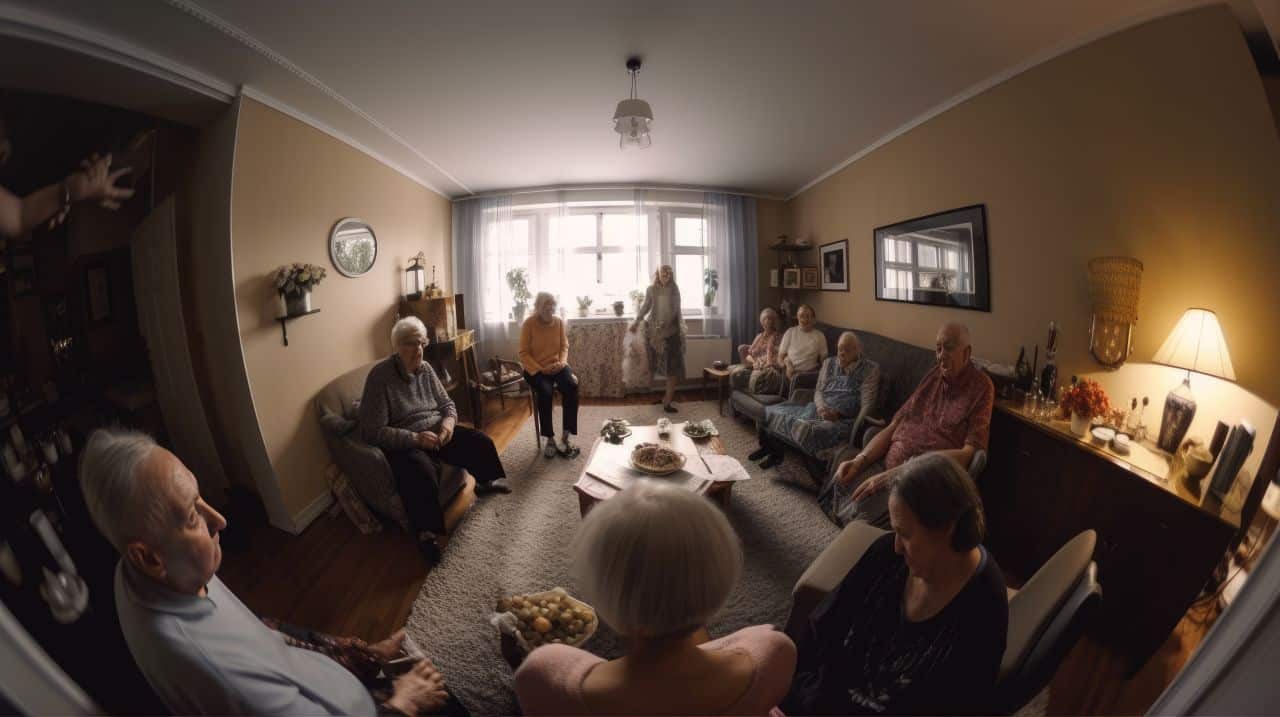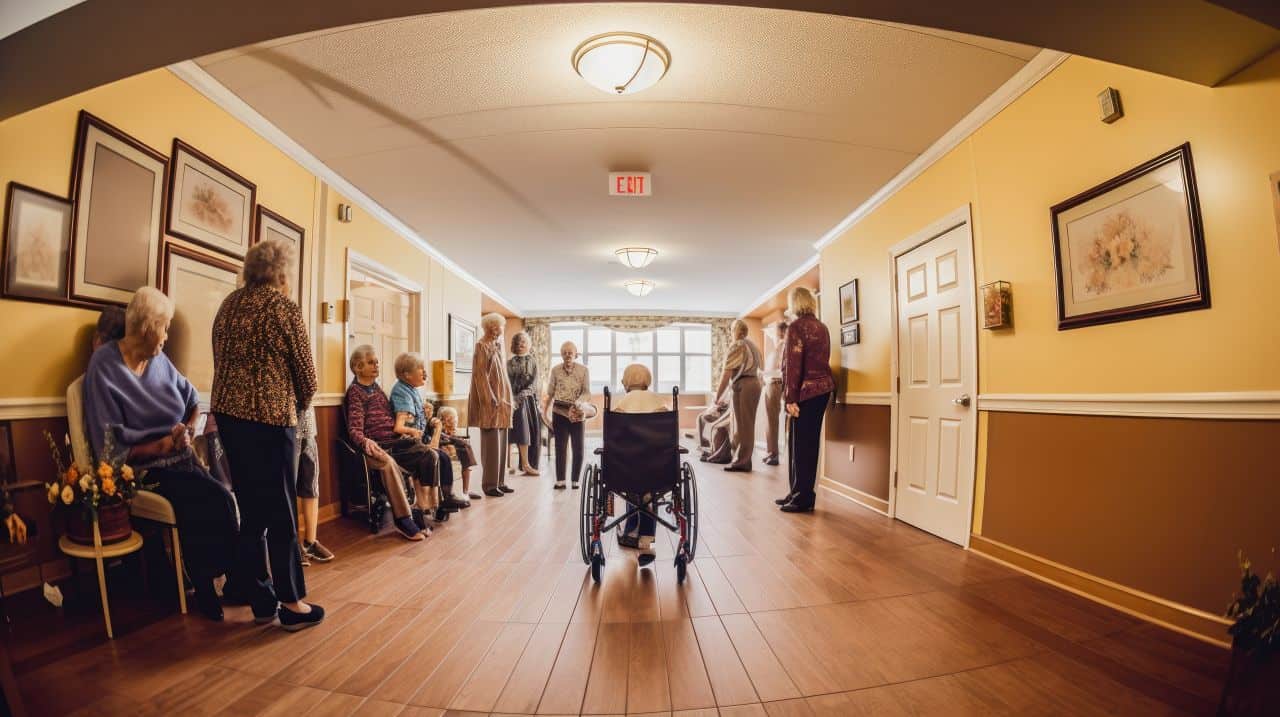A form of residential care called assisted living offers older adults individualized help. Its primary goal is to help residents maintain their independence and dignity as they age.
Unlike a nursing home, an assisted living facility offers less medical attention and more assistance with activities of daily living. However, residents still receive high-quality care from registered nurses and other medical professionals.
Assisted Living is a Home
If you or a loved one is thinking about moving into an assisted living facility, it’s essential to approach this process with love and compassion. Finding a place where your parent can grow and feel at home is necessary, even if this may be a stressful time for both of you. It would be best if you learn more about it before you decide.

Assisted living communities are typically for people who need help with some of their daily activities but not the round-the-clock medical care that comes with nursing homes. They offer companionship, independence, and privacy with a sense of security in a home-like setting.
Compared to a nursing home, assisted living provides more personal care and support, such as meals, transportation, medication management, laundry, cleaning, and assistance with bathing and toileting. They also offer social and recreational activities.
Residential Care Includes Assisted Living
Assisted living is a residential care option that provides older adults with support services that help them maintain their independence. These services include assistance with personal care, up to three meals a day, laundry and housekeeping, 24-hour supervision, security, and on-site staff.
Compared to assisted living communities, nursing homes—also called skilled nursing facilities—offer a more comprehensive range of health and personal care services. They provide medical care and rehabilitation services for people with complex health conditions.
Choosing the correct type of assisted living community is a big decision for your parent and you. It should be where they feel comfortable and secure, allowing them to meet new friends and participate in social activities.
Assisted Living is a Community
Assisted living is a residential care option for older adults who need assistance with their daily activities. They also get the support they need to maintain a healthy lifestyle and engage in social activities.
They often offer 24/7 nursing services, medication management, and mood and behavior monitoring. They also provide meals, transportation, and other assistance with day-to-day tasks.
Most assisted living communities also include their prices in monthly packages so family members can see what they’ll be paying for without hidden costs.
A good assisted living community should feel like a home away from home. It should be comfortable and quiet, with communal areas, outdoor spaces, and access to amenities.
Nursing homes, also called skilled nursing facilities, have a more hospital-like feel with more medical care than most assisted living facilities. They also focus more on providing residents with the support they need to maintain high independence.
Assisted Living is a Place to Live
Assisted living is a senior care option that focuses on helping older adults stay independent and healthy. It provides housing, personal care, and health services to seniors who need help with daily tasks like cooking, cleaning, or bathing.
Unlike nursing homes, assisted living is less geared toward medical needs and more focused on encouraging independence. This approach can be a lifesaver for those who can’t receive full-time care or want to avoid the stress of caring for a loved one.
Assisted living communities are homier than nursing homes and foster a sense of community. They typically focus on a more laidback lifestyle and may offer amenities like chapel services or a business center. They also focus on safety and comfort, with handrails in common areas and secure surroundings.

